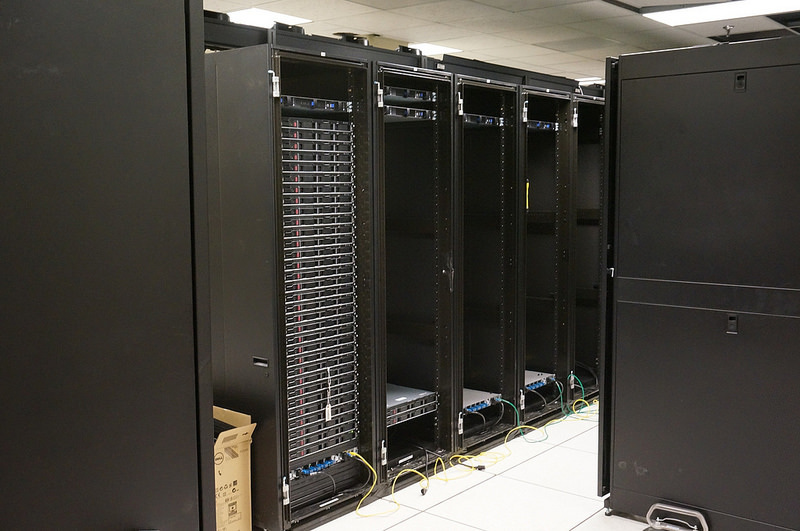| Maybe this means Utah has matured. You should hope so. New Mexico won the Facebook data center sweepstakes. Good for the folks there. Hope they enjoy the 50 permanent jobs they get in exchange for giving up all property taxes on the project for the next 30 years in addition to $10 million from the state’s economic development fund, as the Deseret News reported. |
| | This isn’t sour grapes; not by a long shot. It is, however, a pat on the back to the few elected officials in Utah, such as Salt Lake County Mayor Ben McAdams, who made the offer to lure Facebook a matter of public debate, and to a system here that gives a variety of taxing entities, including school districts, a say in the matter. The state and West Jordan wanted to give Facebook approximately $250 million in tax breaks over 20 years. The State Board of Education and the Jordan School District objected. That shouldn’t be a surprise, given how schools in this state struggle to educate large families with limited funds. Give away property taxes and you give away money schools could use to build new classrooms or fix old ones. This isn’t a difficult equation. In the face of all the objections, Facebook fled to the Land of Enchantment. But don’t cry. Instead, consider these two lessons: The first is that people in Utah want taxes kept as low as possible. A recently released survey by the Utah Foundation showed the tax burden has been dropping here, but that doesn’t matter. People still want to pay less. The foundation reported that, of those who responded to its Utah Priorities Project survey, “Three-quarters of these respondents mentioned taxes, most stating that they were too high.” How do we keep taxes low without hurting services? Not by giving money away. Four years ago, a New York Times investigation found that states, counties and cities nationwide give away a combined $80 billion yearly in incentives to companies, or $696 per family. You can be sure the total has grown since then. Sooner or later, that adds up to real money, and it means local governments have to make up the difference somehow. Generally, politicians argue the incentives are well spent, and that they lure more investments that ripple through local economies. Studies have shown this isn’t often the case. The Institute of Taxation and Economic Policy said “the evidence suggests that tax incentives are of little benefit to the states and localities that offer them, and that they are actually a drag on national economic growth.” They also are unfair to the folks who already started businesses here from scratch and who didn’t get any tax breaks. That brings us to the second lesson. Utah, and the Wasatch Front in particular, is growing just fine on its own. A recent story by techcrunch.com found that “Utah has seen the most economic growth in the nation for the past two years, with tech leading the charge.” It also notes the proliferation of so-called “unicorns,” or startup companies now worth at least $1 billion, along Utah’s Silicone Slopes, as well as the many “soonicorns,” or companies soon to be worth $1 billion. Should these businesses be forced to pay for companies like Facebook that some people feel we just have to have? That’s not how mature, self-assured, confident and growing communities act. Instead, they do as the Washington-based Tax Foundation has suggested, which is to “broaden the tax base and lower the tax rate.” That way, all businesses benefit. Unfortunately, not all public officials are so mature. The whole Facebook negotiating process, known cryptically as Project Discus, was a big secret until the Deseret News ferreted it out. Some public officials here are so taken by the bright lights and big promises of large corporations that they view the messy democratic process as an impediment. They forget that tax incentives are supposed to provide things the private market won’t do on its own. If they remembered that, they would grant few such exemptions, indeed. |


 RSS Feed
RSS Feed

